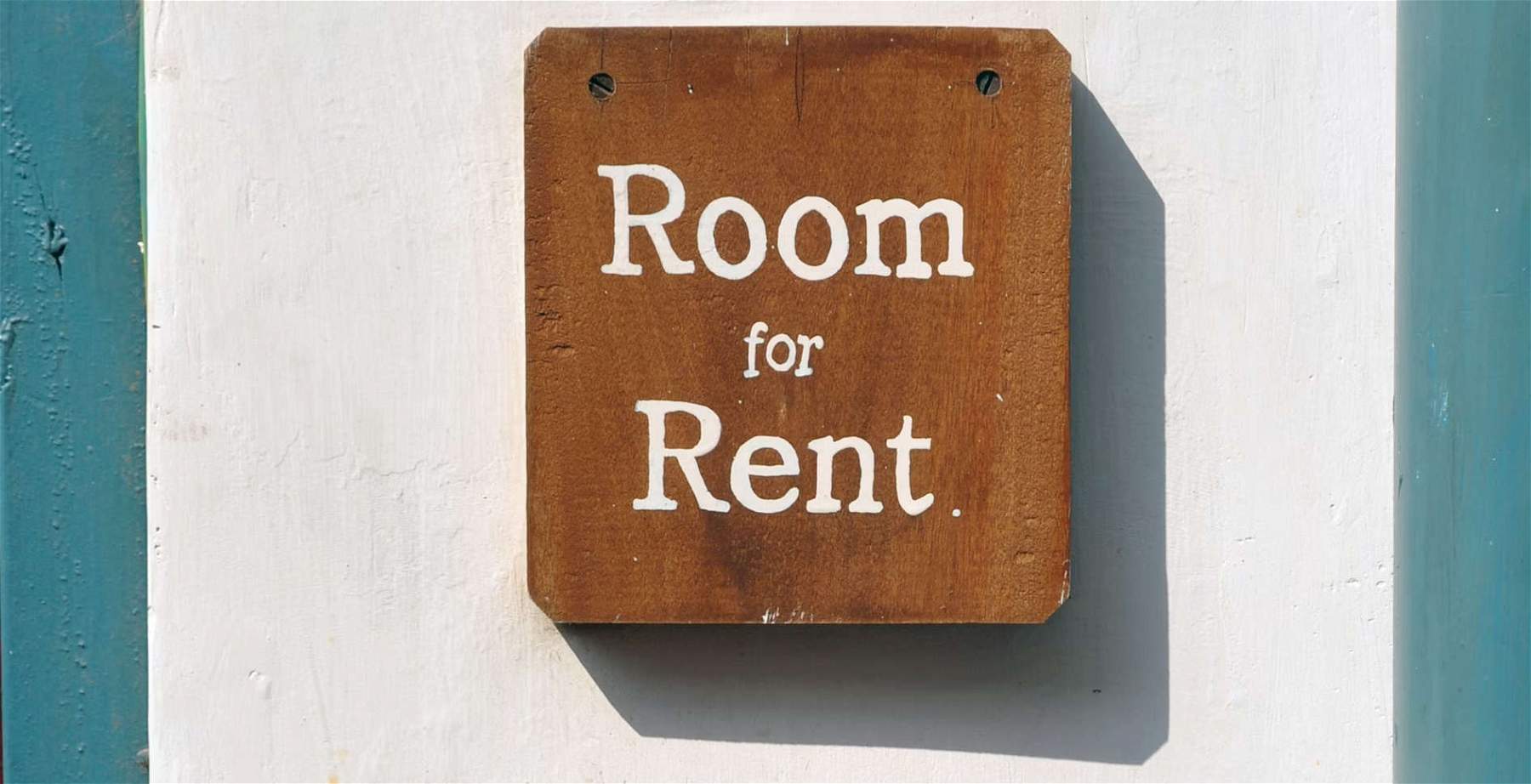With thefinal approval in the House last Dec. 13 of the Advances Decree, important novelties are introduced for the real estate market intended for short-term rentals, mostly therefore related to tourism. Novelties that in some cases trace rules already in place in some regions but that from now (15 days after publication in the Official Gazette) will be obligations at the national level to regulate a market defined “to all intents and purposes, a real far west” by Tourism Minister Daniela Santanchè. Many mayors, especially of art cities, have in recent years repeatedly called for regulations to limit or at least delimit the phenomenon of house and apartment rentals, which exploded with thearrival of web portals eminently dedicated to this of which Airbnb was the first, dragging with it even those born for hotel reservations that have expanded the activity to single properties for residential use.
The new regulations stipulate that the Ministry of Tourism will assign, through an automated procedure, a National Identification Code (Cin) to residential real estate units intended for leases for tourist purposes, residential real estate units intended for short-term rentals, and hotel and non-hotel tourist accommodation facilities. This will also make it possible to track leased properties on booking platforms and portals so as to avoid tax evasion or tax avoidance. For those who lack it and rent their property or rent it without displaying the Cin (outside the building and on ad potals) provided for sanctions imposed by the municipality up to 8 thousand euros (depending on the size of the property) and the removal of the irregular ad published. In addition, those engaged in the activity of short term rental are required to submit the SCIA at the single counter of productive activities (SUAP) of the municipality where the activity is carried out. In case of absence of SCIA, there are fines from 2,000 to 10,000 euros (again depending on the size of the property).
“This new rule of law,” comments Minister Daniela Santanchè, “for which the ministry has been fighting over the past year, involving sector operators and trade associations with several moments of confrontation, has the ambition both to protect those who do business by protecting private property and to be a tool to bring out the underground.”
Given the disparity in the fulfillment of obligations between those who run an accommodation facility and those who rent out their apartments, especially in terms of safety, the law requires that housing units rented out for tourism purposes be equipped with the safety requirements of the facilities and that, in any case, all real estate units be equipped with functioning combustible gas and carbon monoxide detection devices as well as portable fire extinguishers located in accessible and visible positions, particularly near entrances and in the vicinity of areas of greatest danger and, in any case, to be installed at a distance of one for every 200 square meters of floor space, or fraction thereof, with a minimum of one fire extinguisher per floor. This is for the protection of guests given that the allocation of the Cin must also ensure urban regularity, as well as, in general, for the “transparency and protection of competition in the market.” Finally, in cases of violation of the provisions contained in the rule, a penalty regime is provided for, the proceeds of which will remain in the availability of municipalities to meet tourism-related needs.
“Short rentals” refers to leases whose duration does not exceed 30 days and are leases that do not have the obligation to register the contract: “...short leases are understood to be leases of real estate for residential use of a duration not exceeding 30 days, including those that provide for the provision of linen and cleaning services of the premises, entered into by natural persons, outside the exercise of business activities, directly or through entities that carry out real estate brokerage activities, or entities that manage telematic portals, putting in contact people looking for a property with people who have real estate units to rent.” This, specifically, is the definition of the scope determined by Article 4 of DL 50/2017. And for such leases, it is possible to avail of the dry coupon, which is currently at 21 percent but which the Budget Law to be approved by the end of the year could change in the percentage (at the moment it is in fact written in the text that “To income from short-term leases therate of 26 percent in the case of an option for the substitute tax in the form of the dry coupon” but “the rate is reduced to 21 percent for income deriving from short lease contracts relating to a real estate unit identified by the taxpayer in the tax return”).
The same regime is applicable for ’short’ subleases and also in situations where, in addition to making the property available, services such as the provision of linen with cleaning of the premises; utilities, wi-fi, air conditioning are offered. However, services such as the provision of breakfast or meals, rental cars, tour guides or interpreters are not allowed.
The issue ofincome tax evasion and tourist tax for these types of rentals that pass through web portals and that the Internal Revenue Service and municipalities were failing to monitor is of primary importance, and it is news these days that Airbnb has reached an agreement with the Treasury for a lump-sum payment of these tax obligations for the past years (2017-2021. Discussions with the Internal Revenue Service on 2022 and 2023 are ongoing) paying 576 million euros. An investigation had in fact been opened by the Milan Public Prosecutor’s Office, and so that choice has been concluded for which Airbnb has already declared that it will not retaliate in turn against its users (the ’hosts’).
The Internal Revenue Service announced the settlement explaining that “Airbnb Ireland Unlimited Company will pay, in total, 576 million euros, of which approximately 353 million for withholding taxes due and not paid, 174 million by way of administrative penalties for violations committed and 49 million in interest.” Having closed disputes with the past, the San Francisco-based company is on its way to becoming a tax withholding agent to “fulfill, with the introduction of a mechanism for withholding and paying income taxes of relevant hosts to the Internal Revenue Service.” Similar measure had been reached in July 2023 with Booking.com (Booking BV) paying 93.3 million euros in VAT due for tax years 2013 to 2022.
For its part, Airbnb wanted to clarify that “More than three-quarters” of its hosts who post listings to rent properties on the portal “only have one listing. The typical host earned just over €3,5001 last year. About two-thirds (59 percent) said the income made from hosting allows them to make ends meet. Fifteen percent said they work in health care, education or public administration. The vast majority of hosts on Airbnb in Italy are ordinary people who rely on the platform to supplement their household income.”
 |
| Tourism, crackdown on short-term rentals. What the new regulations include |

The author of this article: Andrea Laratta
Giornalista. Amante della politica (militante), si interessa dei fenomeni generati dal turismo, dell’arte e della poesia. “Tutta la vita è teatro”.Warning: the translation into English of the original Italian article was created using automatic tools. We undertake to review all articles, but we do not guarantee the total absence of inaccuracies in the translation due to the program. You can find the original by clicking on the ITA button. If you find any mistake,please contact us.